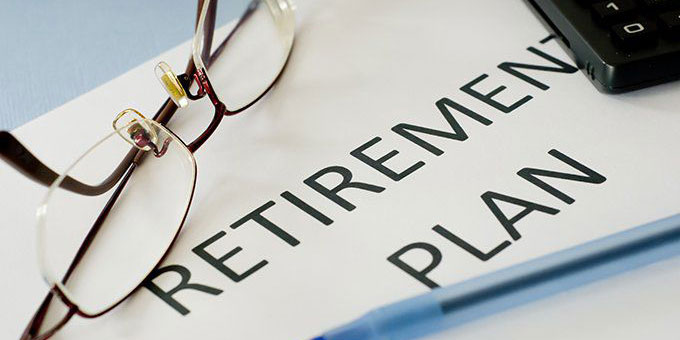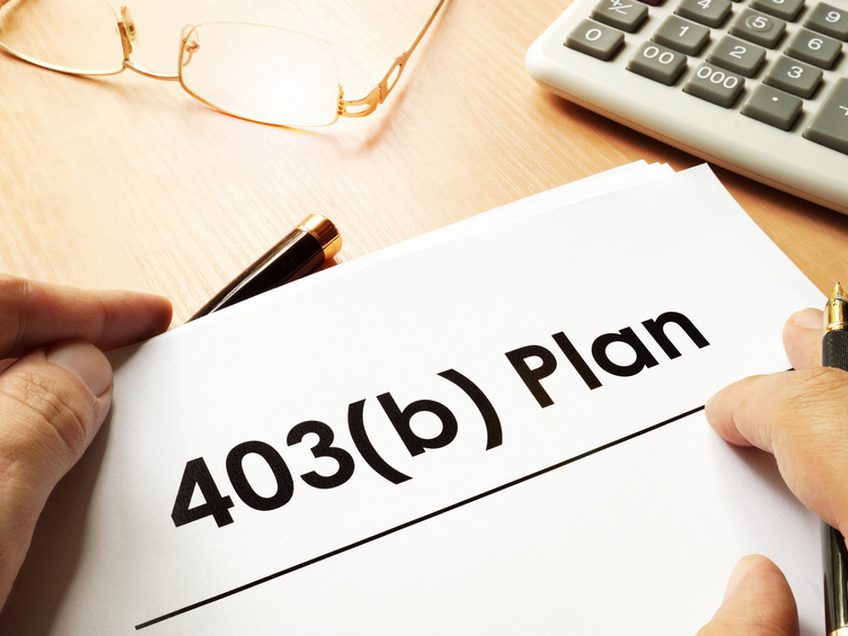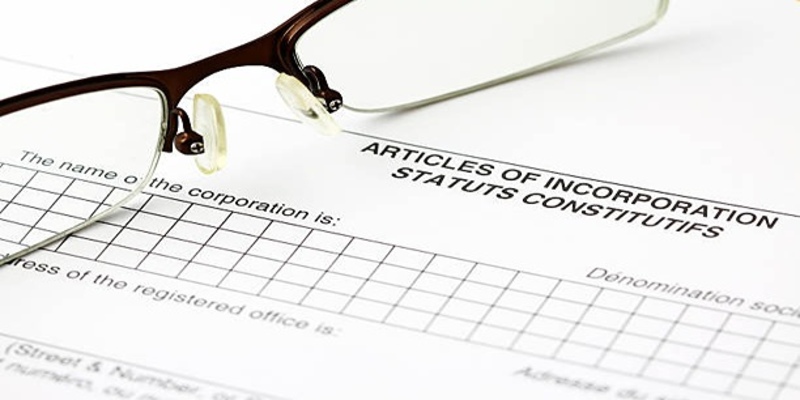
You've worked hard for a long time, but you could be unsure what you should take care of your 403(b) after leaving your job. If you're at or close to retirement and have been saving money through the 403(b) plan over the time you were saving; you be able to choose between a few choices.
Retirement is a significant life-changing event, and knowing the options you can pursue using your retirement savings could be a significant factor in the quality of life you will enjoy once you retire from work. When evaluating what you can do with your 403(b) retirement choices, one of the things to consider is how, when you retire, you'll be able to take back the money you earned during your job. Your retirement savings in your 403(b) and possibly funds from other accounts are likely to be involved.
Types of 403(b) Plans
The 403(b) plan could be a tax-free deferred annuity that is tax-sheltered, offered by an insurance provider or a custodial bank account at a brokerage that mutual funds invest or a bank account permits you to invest in any of these choices. Your contributions are likely to have been made on an exempt basis (like the ones in the 401(k) account). Certain 403(b) plans provide the option of making what's known as the designated Roth contribution using after-tax dollars.
Basic Rules
The first thing to note is that you do not have to withdraw all or any funds from the 403(b) account when you retire. If you do not withdraw funds from the 403(b) account and remain there, they will accumulate until you choose to cash them out or annuitize them. You can also roll them over in the future.
Retiring Before 55
However, suppose you decide to take withdrawals and are older than 55. In that case, you will be required to pay regular income taxes and an additional 10% penalty on the amount unless you are willing to make regularly scheduled payments that are substantially equal for at 5 years or until an age limit of 591/2 (whichever is later). The amount you pay will be determined by the length of time you expect to live. This is the case for the standard 403(b) plan. With Roth plans, you don't pay tax. Roth variant, the participant won't pay income tax since your contributions are made using net (post-tax) income, but the penalty will probably be imposed.

Retiring at 55 or Older
Suppose you're 55 years old or over; when retirement, you may withdraw a portion (or all) of your money as a lump amount. In reality, however, any money you withdraw will not count as a lump-sum distribution under the 10-year tax option, as per the IRS. This means that you can't pay over a decade, but you must pay the entire income tax due on the amount you withdraw the year you take the money. Remember that if your withdrawal is significant, it may cause you to be in a higher tax bracket.
When You Turn 72
If you reach the age of 72, you must begin withdrawing money from your account. (Note that the SECURE Act of 2019 pushed back the retirement age at which plan participants must take the required minimum withdrawals (RMDs) by 701/2 until 72. If you were 701/2 by the year's close, then the old threshold is still in effect.) You'll need to continue taking these RMDs every year. Based upon your age and years of the spouse (if you are married), they gradually increase with passing years.
The majority of plan administrators offer automated calculation as well as distribution of RMDs every year. However, in general, they are determined by dividing the year-end total of retirement accounts by a period of distribution taken from one of the life expectancy tables published by the IRS. If you do not take the correct distribution for one year, you'll be liable for a 50 percent tax on excise that is not deductible.

What to Do: Annuity Option
Whatever 403(b) plan you use, you can annuitize a portion or the entire plan once you retire by arranging for periodic payments that are fixed so that you can provide yourself with an assured income stream throughout your lifetime (or the duration of) regardless of how the market or economy is performing. Many experts advise against annuitizing all the amount in your retirement account, particularly if you already have the benefit of a defined benefit pension. If you are a member of an existing pension, it implies that some of your retirement income is already in an annuity; in a sense, you may wish to keep some flexibility in the other assets you have.



